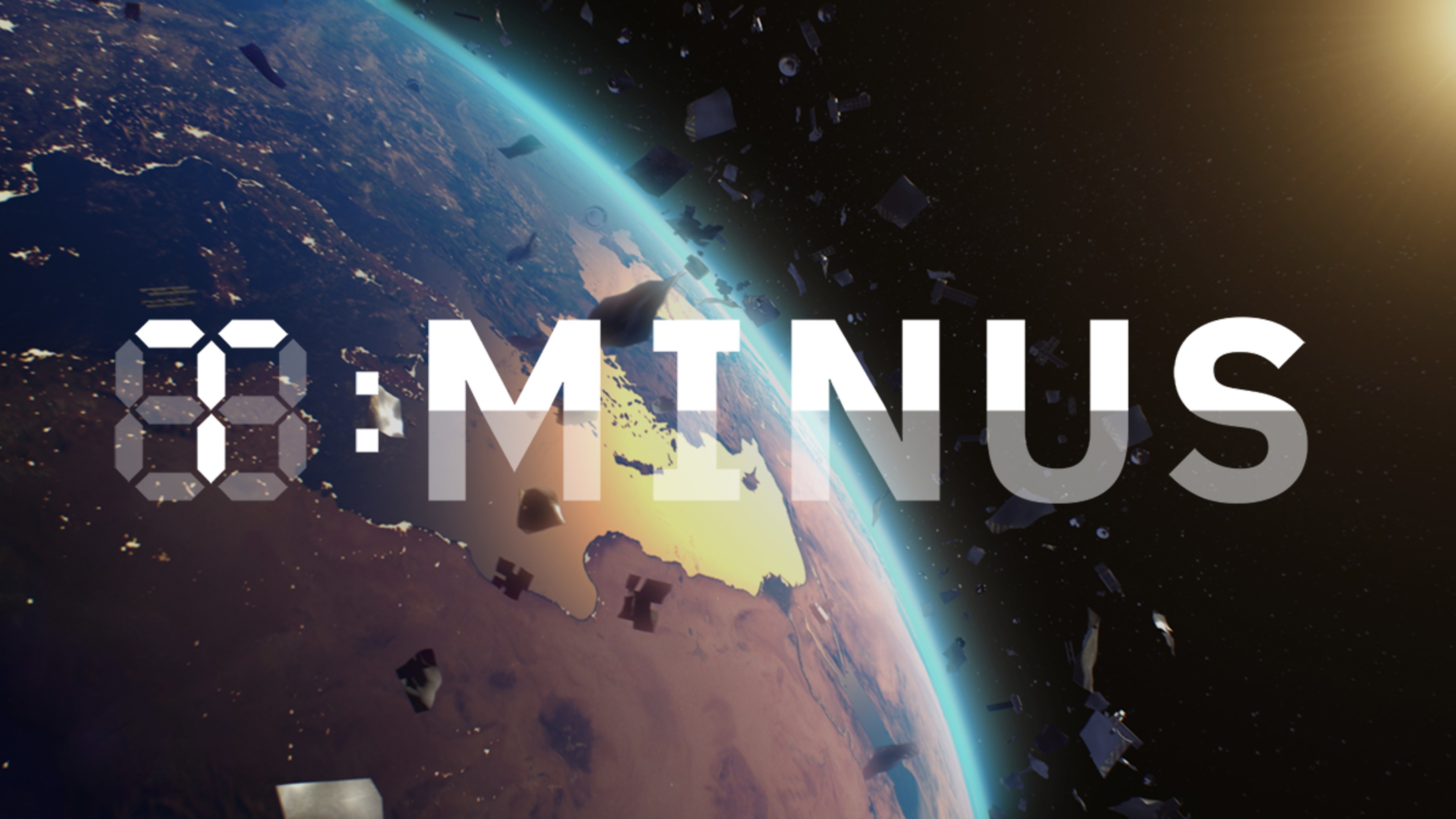Oil is not the biggest challenge that we have in store
over the next decade.
Question: In which fields do you think there is greatest potential for sustainable services?
Peter Brabeck: Well, it might be at first glance, easier perhaps in an area like ours; food, agriculture, and so on. But if you really dig into it you will also see, for example agriculture, the way it is handled today, it is not sustainable and that we will have to make major efforts, especially in the area of agriculture, in order to make is sustainable. One of the main issues is water. Now, you're talking about energy and the question is, of course, all the time, and energy is not sustainable. Well, let me say, I personally believe that we will be not running out of fossil energy because I strongly believe that we will invent new technologies. You see, we didn't leave the Stone Age because there were no more stones anymore in this world. And I am quite sure we are not going to leave the fossil oil age that we have basically enjoyed for the last 100, 150 years because there will not be oil available, I think we will leave oil in the ground because we will have more efficient and different types of energies. So, I think sustainability should be at any business a consideration and strategy.
Question: How will the water crisis impact the way we do business in the future?
Peter Brabeck: Well, the water issue, to make it very simple, is a falling one. We need about 5 liters of water to be able to sustain our life; we need about 20-25 liters for minimum hygiene. This is 25 liters. Okay? This is what I would call is a social product. This is a social product that you can also call it even human rights. Now, that is one thing, but then we are using about 200-500 liters of water per capita per day for the other things in our household. Which is for clothes washing, for dishwashing, for the gardens, and so on. Now, this part, already I don't think is a human right. We are using a commercial good that should have a good price. Because if it has a good price, we are going to take care of it a little bit better.
Now, household alone, only takes 10 percent of the total fresh water we have. So, we are talking 10 percent. 20 percent of the fresh water is being used for industry, for production, for energy construction, and so on. And 70 percent of all fresh water is used for agriculture. Now, agriculture uses 93 percent of all fresh water because industry and households give a big part of the water back. So, while we are drinking 5 liters of water per day and are using 20 liters of water for minimum hygiene, we are eating every single day, somewhere between 3,000-6,000 liters of water because we need 1 liter of water per calorie that we eat if that calorie comes from vegetables or from grain. But if this one calorie comes from an animal, we need 10 liters of water. So, therefore, the most important part in the water issue is to see how we are using water in agriculture. That's where we have to look at. And unfortunately, we are using in agriculture in a very, very inefficient way.
Why? Well one of the main reasons is that water in most parts of the world for agriculture is a free good and doesn't have any price. So in today's world, already we are overusing water in a substantial manner. We have several big rivers, lakes, which are not bringing one drop of water into the oceans because agriculture is using it in a non-sustainable manner.
So, this will have a major impact on the full security of this world because at the same time as our agriculture productivity goes backwards, and we have this enormous lake of water, we have an increasing population. Just to give you two figures. Every second I talk, two people more to be fed and 0.2 acre of land less available. Okay? Due to urbanization and due to erosion. So, those are the big challenges, and that's why I believe that water, by far, is the biggest challenge that humankind has in the next 10-15 years.
Recorded on February 24, 2010





